Religious Mutability For Fun And Profit
Amunhotep III was the seventh pharaoh in the 18th dynasty when the Kingdom was New and all, and seems to have considered himself something of a reformer, oh my Best Beloved.
Ancient Egypt had more Gods than you could shake a stick at, though if you did in fact shake a stick at them, Anubis the Dog-Headed God of Mummification would probably go nuts getting you to get him to fetch it for you. Like Henry VIII who would later follow in his spiritually reforming footsteps, Amunhotep decided he didn’t like the current state of things – no reason, just because – and decreed that people should in the future worship only one god, which he named Atun. Amunhotep even went so far as to change his own name to Akinatun to show how serious he was. (Indeed, you could say that Henry VIII later experienced a failure of imagination in only twiddling with Christianity. Had he been aware of Akinatun’s actions, he might well have gone the whole hog and replaced it wholesale. Modern Britain could now be pretending to follow Henrianity instead of pretending to follow Christianity.)
You can see what the newly-monikered monarch meant. Along with Anubis, there was Osiris, Isis and their son Horus. There was Horus’ wife Hathur, his evil uncle Seth, Bastet, Sekhmet, Tahut, Nut, Moot, Wajit, the creator Amun-Ra and a whole celestial boatload besides. Pretty much every bad guy in the 10 seasons of Stargate SG-1 really. Each was represented as a different animal, each had a different job and each required different offerings at different times to ensure good luck. No wonder monotheism eventually caught on.
The priests and the people were not so happy with this new direction though. They liked their stories about the gods, particularly the ones that involved them fighting that Shol’va Teal’c. They banished their heretical pharaoh to live in indignation and apostasy somewhere off in the desert. Akinatun died in exile, though was never actually deposed, and when he passed away, the crown passed to his young son Tutanatun. As you can guess from the name, Tutanatun was also apparently into monotheism in a big way. He wasn’t so enthusiastic about ruling from a tent in the middle of the desert though, so when given the option by the priests, he proved nothing if not pragmatic, agreeing to stop worshipping the Johnny-come-lately false god of his father and instead restore faith in the false gods of his forefathers. He was even responsible later on for adding sections to the Temple of Luxor.
Modern religion is not so mutable of course. You don’t find examples of people changing their beliefs based on what is expedient and palatable in more recent times. The Council of Nicea was ages ago and in any case doesn’t count because they weren’t really changing their beliefs, more creating them. And they really only got rid of the problematic bits that could imply tolerance and equality.
Nothing more recent than that though. Well, except Henry VIII, though that hardly counts either as he didn’t so much change his beliefs as create his own branch and change the beliefs themselves. Much more convenient.
Certainly no more recent than that. Unless of course you count the former Anglican bishops who are now inexplicably but explicitly Catholic, but it’s not fair to count them because they were being forced to tolerate equality and the Council of Nicea had already said ages ago that they shouldn’t have to do that. They were just escaping persecution really. And in any case if they could be accused of changing, they were really only changing back.
Madonna too, I suppose. But that doesn’t really count because everyone knows Kabbalah is bull. And a name like that is halfway to blasphemy anyway, especially considering what she did to that black guy in the church in the music video for Like A Prayer, so good riddance I guess.
No, excepting Henry VIII and Anglican bishops and Madonna and everyone else who changes their fundamental belief system because it furthers their goals, is politically expedient, is fashionable, more palatable or otherwise allows them to avoid cognitive dissonance, nobody changes their fundamental belief system anymore.
Tutanatun, capricious and canny, had no such reservations though and, accepting the Grace of Amun-Ra back into his life, was born again as the boy king with a nice line in blue and gold headwear, Tutankhamun.
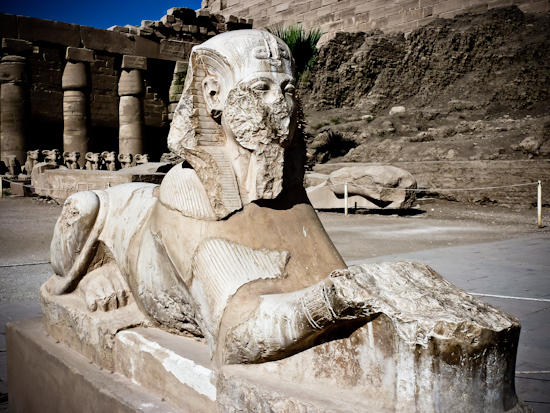
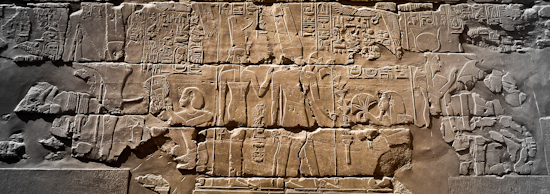
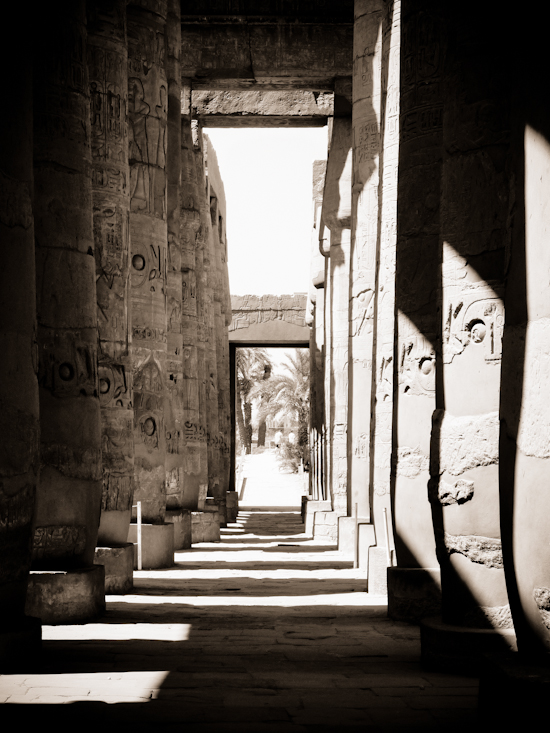
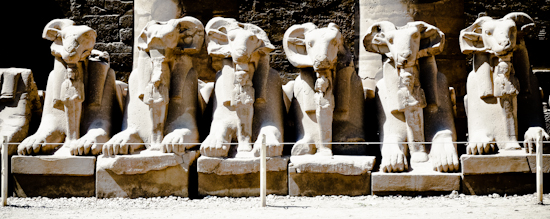
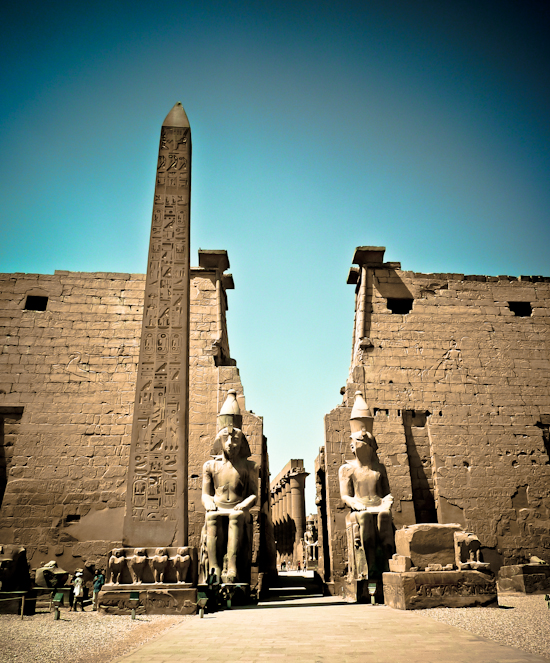

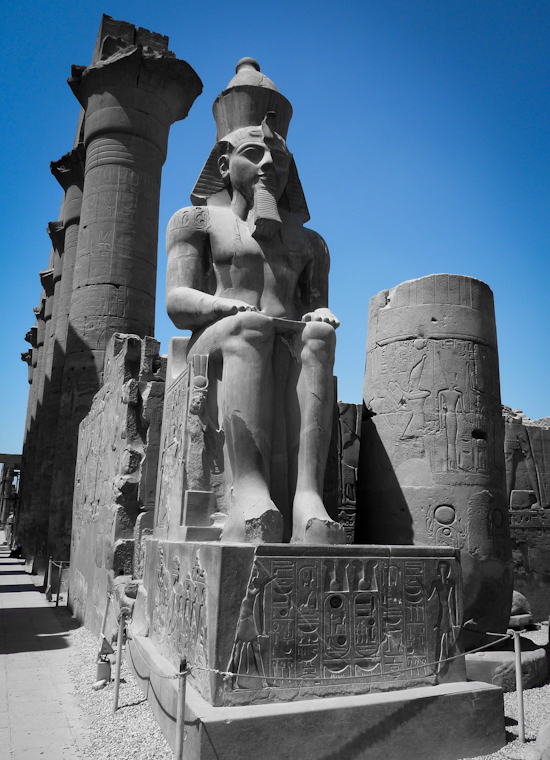
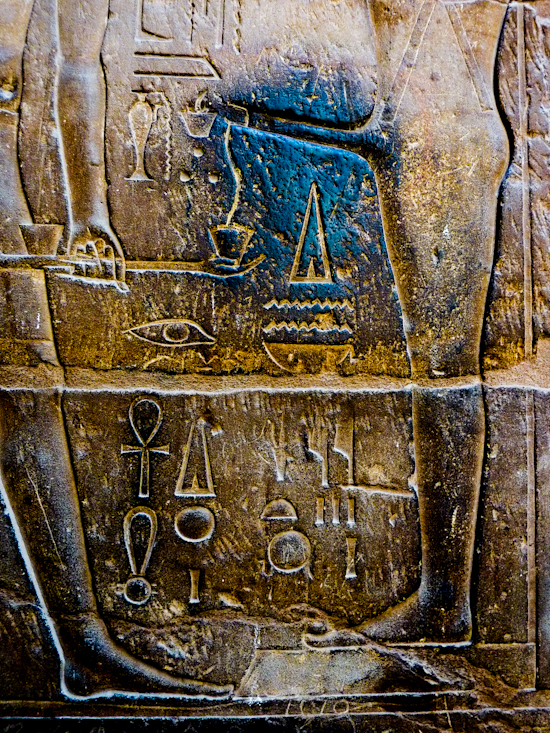
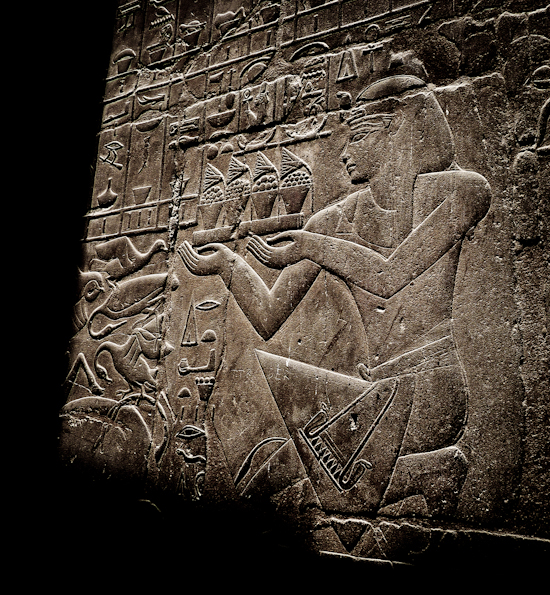
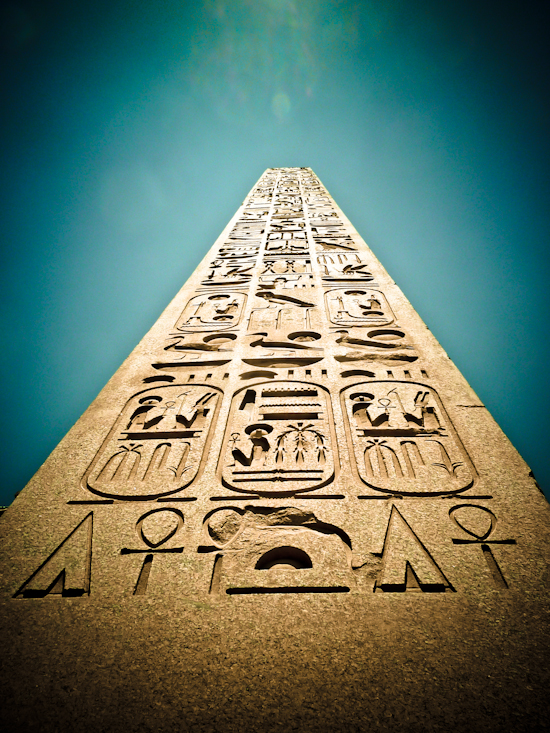
Leave a Reply